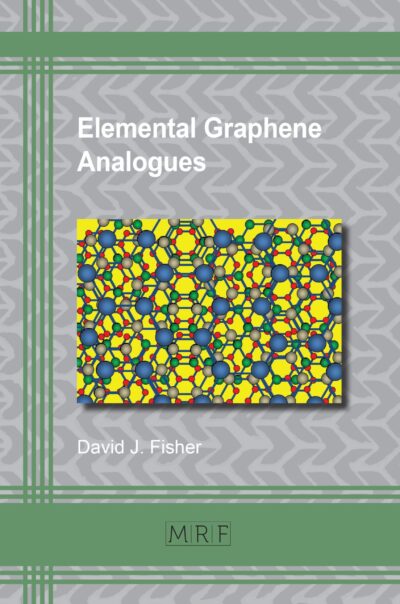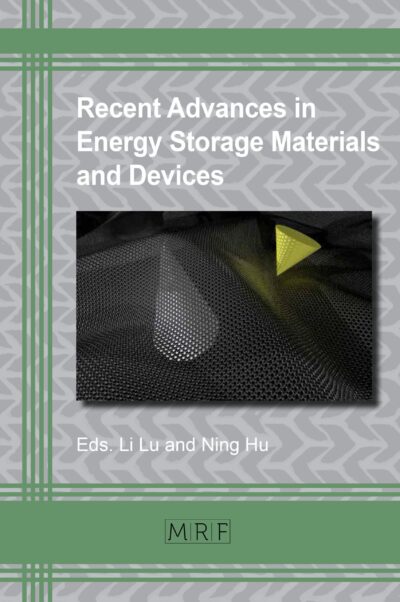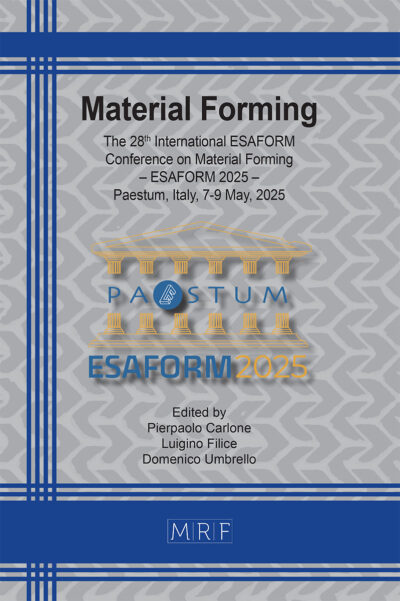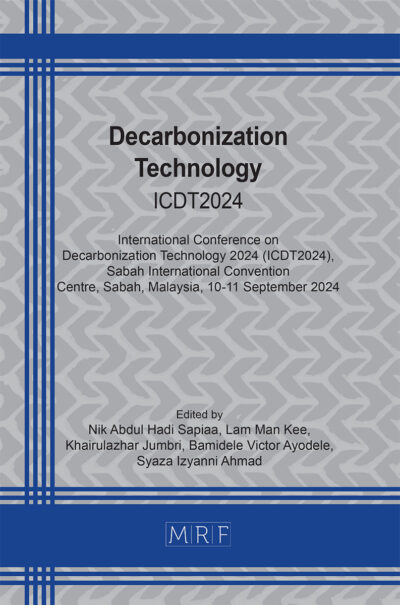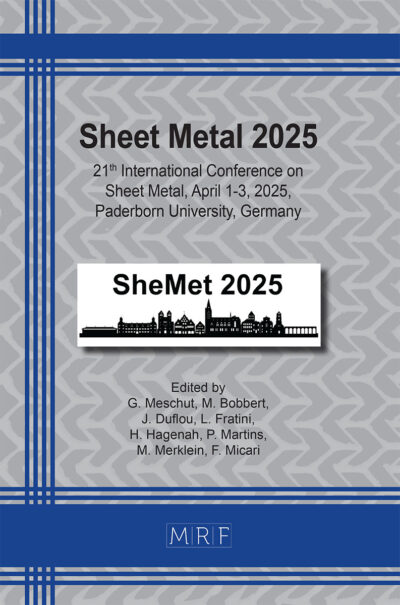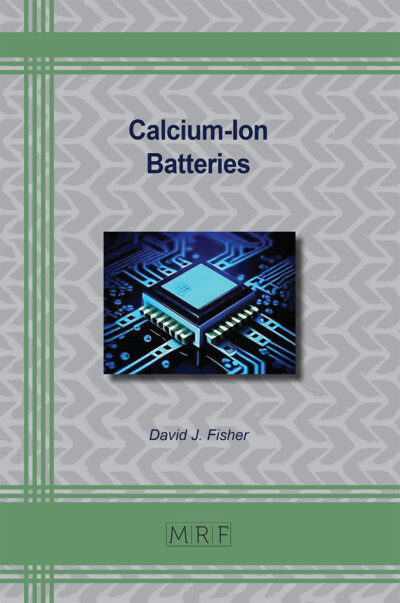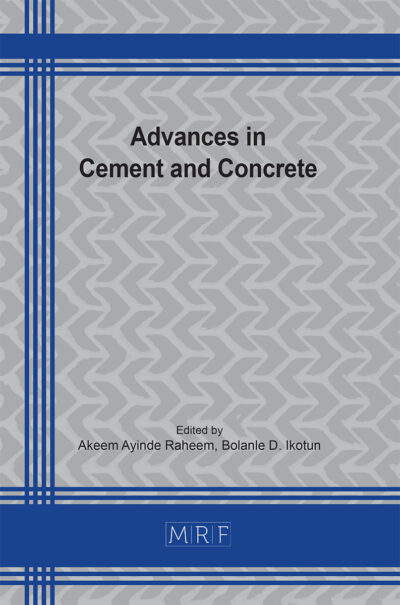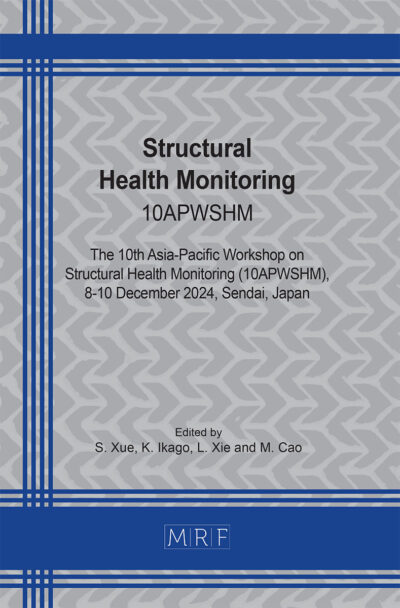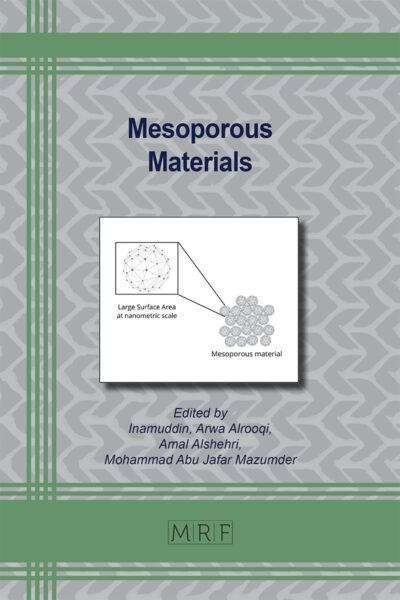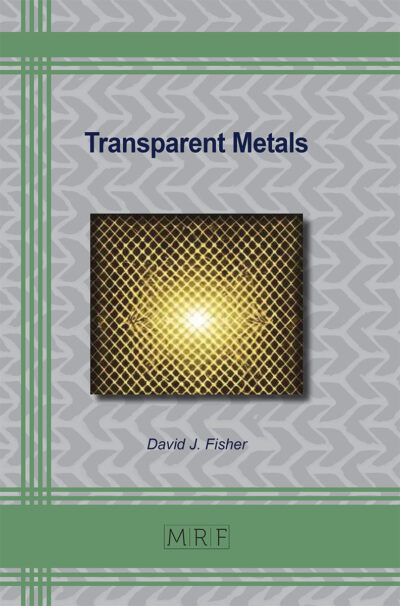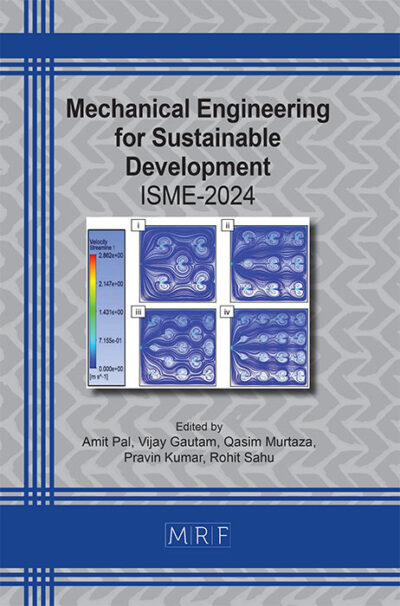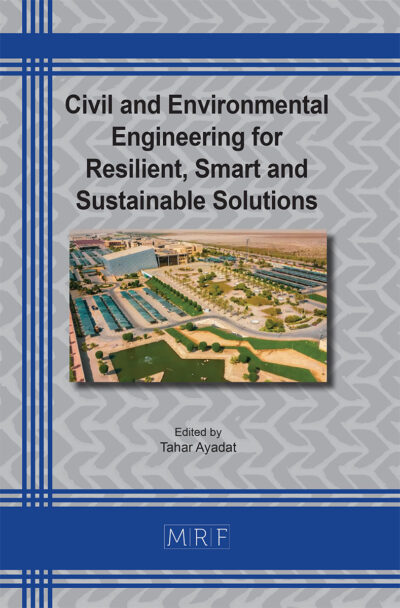Industrial Applications of Green Solvents – Volume I
Eds. Inamuddin, Mohd Imran Ahamed and Abdullah M. Asiri
Materials Research Foundations Vol. 50
Publication Date 2019, 354 Pages
Print ISBN 978-1-64490-022-2 (release date June 20th, 2019)
ePDF ISBN 978-1-64490-023-9
DOI: 10.21741/9781644900239
Green chemistry aims at reducing pollution and avoiding hazardous waste in the environment, as well as in a number of industrial applications, including chemical, pharmaceutical, paint and leather industries. The book focuses on new applications of green solvents (water, ionic liquids, supercritical carbon dioxide, terpenes) in such areas as chemical synthesis (including lipase-catalyzed reactions, organic synthesis, esterification reactions), gas separation membranes, environment-friendly products, low energy requirement processes and alternatives to hazardous substances.
Keywords
Green Chemistry, Pollution Control, Hazardous Waste, Environmental Pollution, Green Solvents, Ionic Liquids, Supercritical Carbon Dioxide, Terpenes, Chemical Synthesis, Lipase-catalyzed Reactions, Organic Synthesis, Esterification, Gas Separation Membranes, Environment-friendly Products, Low Energy Requirement Processes, Alternatives to Hazardous Substances, Spiroheterocycles in Water, Sustainable Organic Synthesis, Chemical Industry, Pharmaceutical Industry, Paint Industry, Leather Industry
Table of Contents
Plant Cell Culture Strategies for the Production of Terpenes as Green Solvents
Mubarak Ali Khan, Tariq Khan, Huma Ali
Ionic Liquids as a Green Solvent for Lipase-Catalyzed Reactions
A.A. Elgharbawy, M. Muniruzzaman, H.M. Salleh, M.D.Z. Alam
Water in Organic Synthesis as a Green Solvent
Muhammad Faisal
Industrial Application of Ionic Liquids in the Paint Industry
Muzammil Kuddushi, Monika Jain, Naved I Malek
An Overview of Green Solvents in Sustainable Organic Synthesis
D. Devi Priya, Selvaraj Mohana Roopan
Application of Supercritical Carbon Dioxide in the Leather Industry
Surya Pratap Goutam, Asheesh Kumar, Devesh Kumar, Rajkamal Shastri, Anil Kumar Yadav
Green Solvents in Chemical Reactions
Manviri Rani, Uma Shanker
Supercritical Carbon Dioxide in Esterification Reactions
Baithy Mallesham, A. Jeyanthi, Pothu Ramyakrishna, Boddula Rajender
Multicomponent Synthesis of Biologically Relevant Spiroheterocycles in Water
Bubun Banerjee
Application of Ionic Liquids in Gas Separation Membranes
M. Zia-ul-Mustafa, Hafiz Abdul Mannan, Hilmi Mukhtar, Rizwan Nasir, Dzeti Farhah Mohshim, NAHM Nordin


